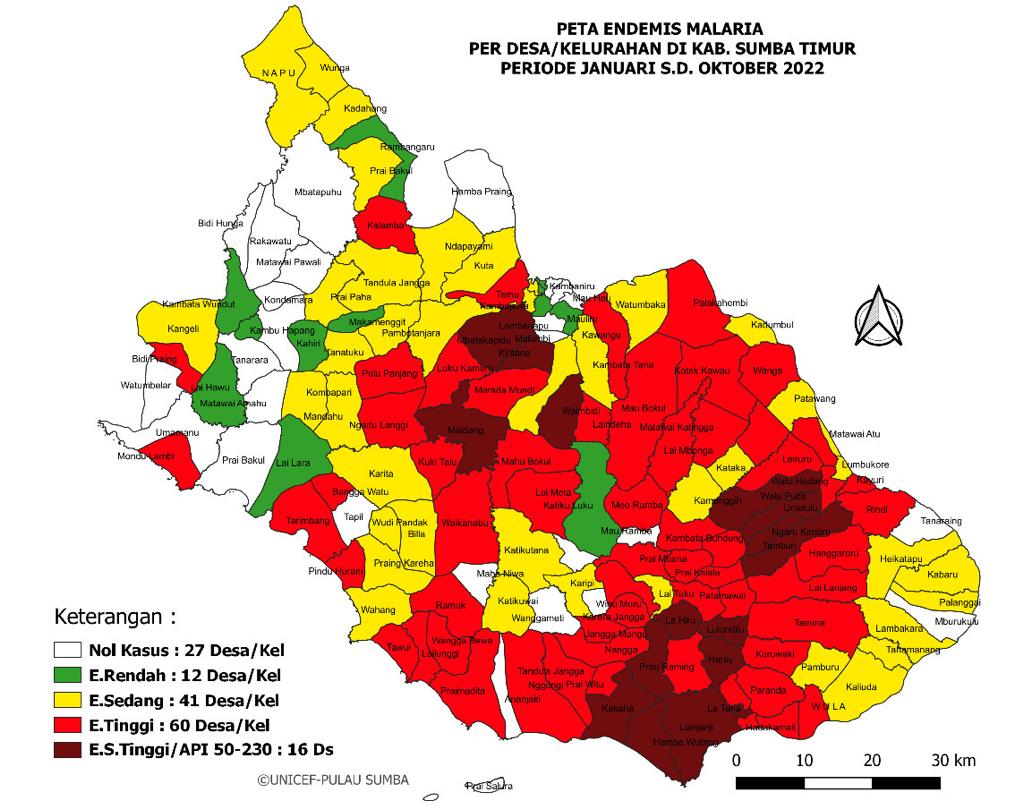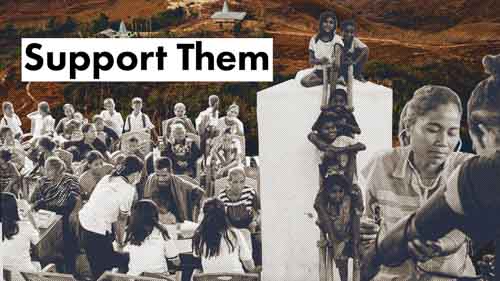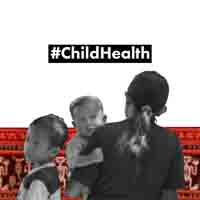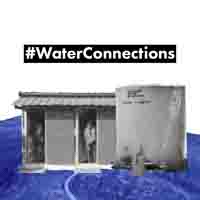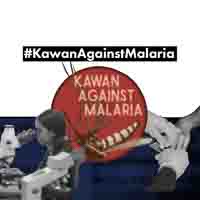Fair Future raises a deep red alert linked to the case of Malaria, which reaches a critical level here in East Sumba in Indonesia.
Although cases have decreased since 2010, the current situation sees an upsurge in malaria cases linked to the country’s economic crisis and the critical lack of access to primary medical care.
What is Malaria? A disease caused by a plasmodium parasite transmitted by the bite of infected mosquitoes. The severity of malaria varies depending on the species of Plasmodium. Symptoms are chills, fever, and sweating, usually occurring a few weeks after being bitten.
The situation: For weeks, here in East Sumba, thousands of malaria cases have been recorded here. This figure is nevertheless to be taken conditionally because, in many villages, people do not have an identity card or a family record book or do not have access to medical care, so they are sick in silence and do not part of the cases counted in the map below.
Treatment and related difficulties: The disease is relatively easy to treat if drugs are available, but access to the most effective therapies remains very low. Here in Indonesia, the current problem is that the medical teams do not have drugs against malaria. The treatments needed to treat infected people are not available. And in rare cases, when they are, they are prohibitively expensive.
Mosquito nets are expensive and out of reach for almost every family here. The parasite that causes malaria is now showing resistance to the most effective drugs available (when they are). And there are no new drugs in the development pipeline, so we will be left without effective options.
Local issues related to water: Mosquitoes breed in dirty or standing water, particularly abundant during the rainy season here in East Sumba. In principle, to combat malaria, the insect’s natural breeding ground must be eliminated. Insecticide spraying and drying up standing water sources are strategies used to control mosquito breeding. The problem is that water here in East Sumba is very scarce, and families often store it in several thousand litres of retention tanks. (ref. Water Connections project and Deep drillings wells project)
The action we put in place: We want to order medicines to treat the affected people. Mainly children under five, pregnant women and other so-called “vulnerable” people, medically speaking. As you know, we will leave at the end of November with the medical truck loaded with medicines, but we still have a little room for anti-malaria treatments: Primaquin©, Doxycycline©, and Kina©. Help us here.
The November 16, 2022 – Alexandre Wettstein – CEO, Founder of the Swiss Fair Future Foundation.
The map below shows the outbreak and reported cases of Malaria in the East Sumba region.
